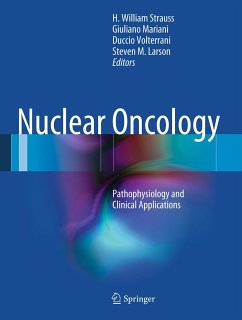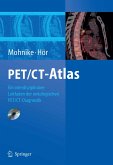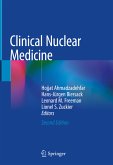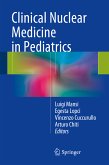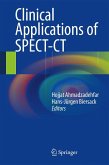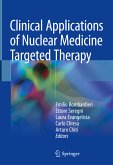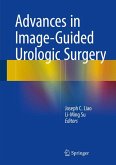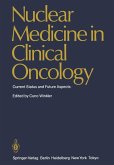Nuclear Oncology: Pathophysiology and Clinical Applications is a comprehensive textbook covering the increasing role of radionuclide-based technologies in the management of oncologic patients, with disease-oriented chapters giving a detailed overview of current indications and developments. Topics covered include instrumentation, physics, radiobiology, radioguided surgery, and radionuclide therapy, which is discussed with useful separate topics describing the importance of organ function assessment after cancer therapies in the heart, lung, kidney and the gastro-intestinal tract. Additionally, significant aspects of cancer biology and molecular imaging are discussed, as well as appropriate tracers for both single- and positron-emitting radionuclides. Individual chapters in the book focus on the most common cancers occurring in adults and children, detailing radionuclide procedures within an integrated framework identifying the information required for effective treatment of specific tumors. These clinical chapters provide a description of the epidemiology, etiology, histologic and pathophysiologic classification, prognosis, treatment, and most common outcome for each type of cancer.
With contributions from a group of internationally-distinguished practitioners, Nuclear Oncology: Pathophysiology and Clinical Applications serves as a valuable compendium of knowledge for nuclear medicine physicians and radiologists and other clinicians involved in the care and management of cancer patients.
Dieser Download kann aus rechtlichen Gründen nur mit Rechnungsadresse in A, B, BG, CY, CZ, D, DK, EW, E, FIN, F, GR, HR, H, IRL, I, LT, L, LR, M, NL, PL, P, R, S, SLO, SK ausgeliefert werden.

